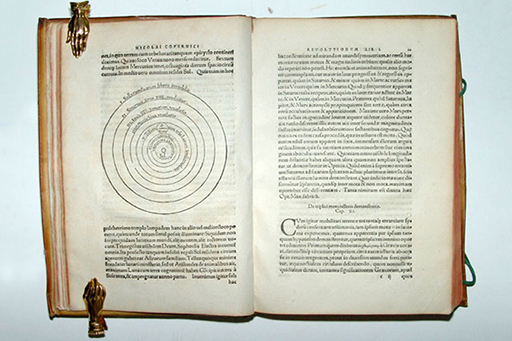1.4 How does science advance, and how do we know when it happens?
All this week you’ll see how the story of water on the Moon is a debate between scientists that has so far lasted over 30 years.
What has the debate been about? Some lines of evidence have appeared to indicate a completely dry Moon, but other evidence has indicated the presence of water.
What do you think motivates scientists to persist in this kind of debate? What are the features that distinguish it? How do scientists’ earlier theories and preconceptions direct or distort research? Is it advantageous to have preconceptions – to work hard to prove a point – or is this constricting? If it is disadvantageous, how can this approach be overcome? And finally, how would you recognise a debate that had finished?

